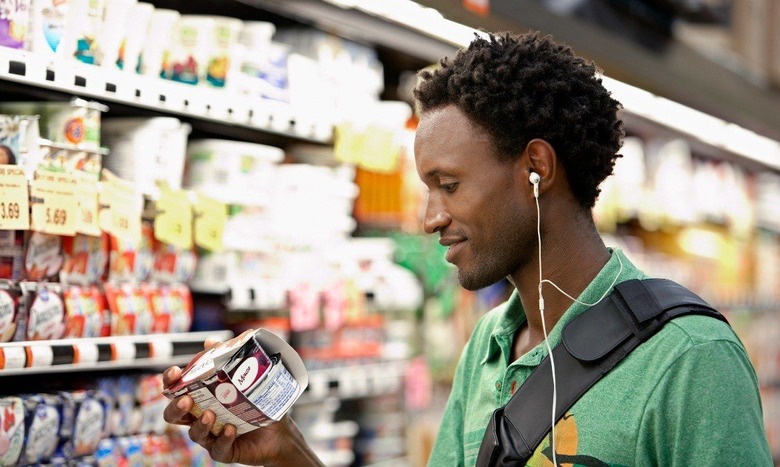"Natural" Food Label To Be Introduced In 2016
Over the past few years, countless food and drink companies have abruptly removed labels from their packaging claiming their products to be "all natural." Amid lawsuits over false advertising, so-called natural products from potato chips to yogurt have come under speculation from health advocates. Despite this controversy, a national survey conducted last year by the Consumer Reports National Research Center revealed that 59 percent of consumers check to see if the products they are buying are labeled natural. Although it's great that consumers are taking an interest in the contents of their food, the natural label has no clear meaning.
Click here for the 11 Health Food Labels that Are Completely Meaningless slidehow.
Currently, the natural label is not regulated or verified by the federal government or an authoritative third party. Because the FDA has not developed a definition or requirements for natural products, any company can label their product as such. Fortunately, all of this is about to change. The Organic and Natural Health Association is a food trade group dedicated to increasing access to healthy products and ensuring consumers have truthful information about those items. Beginning in early 2016, ONHA will roll out a certification program that will offer a "natural" seal.
The label will not be government-approved, but is rather a self-selecting way for food and drink producers to help consumers better understand their product. After meeting a series of stringent requirements, companies can use the seal on their products for a small fee. As set forth by ONHA, natural food cannot contain artificial preservatives, colors, flavoring, or sweeteners, and cannot be genetically modified. Nanotechnology and synthetically produced vitamins E and D will also not be allowed. In addition to meeting the requirements for organic labeling, beef must also be pastured and grass-fed.
"It became clear to us that we just needed to define 'natural' as what it was," ONHA CEO Karen Howard told The Guardian. Conflicting information about nutrition is not only troubling for consumers, but also aggravates experts in the field. ONHA hopes the natural seal will help to clear up some of the confusion, and help consumers make better, more informed decisions about the food they purchase for themselves and their families.
The accompanying slideshow is provided by fellow Daily Meal editorial staff Dan Myers.
